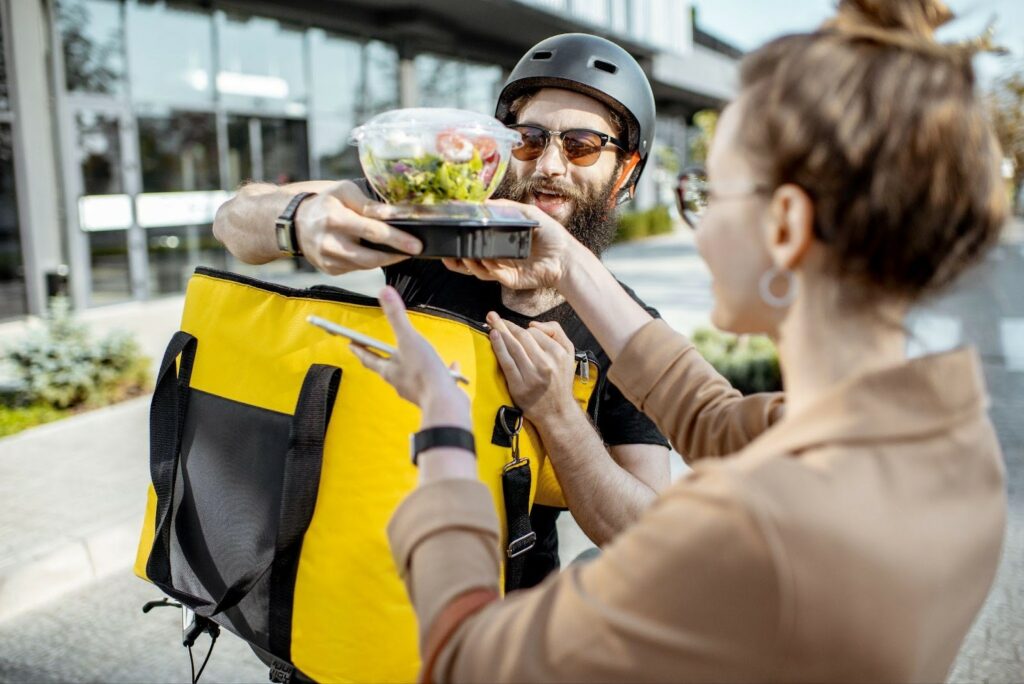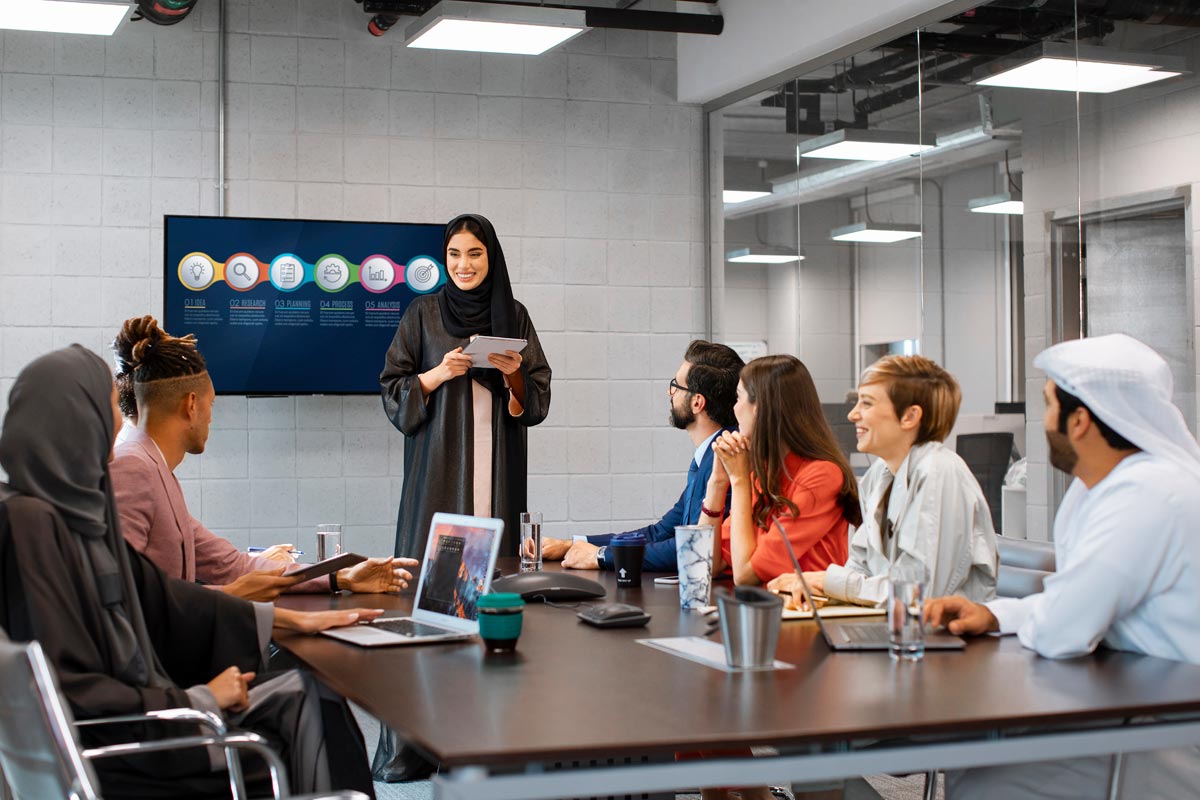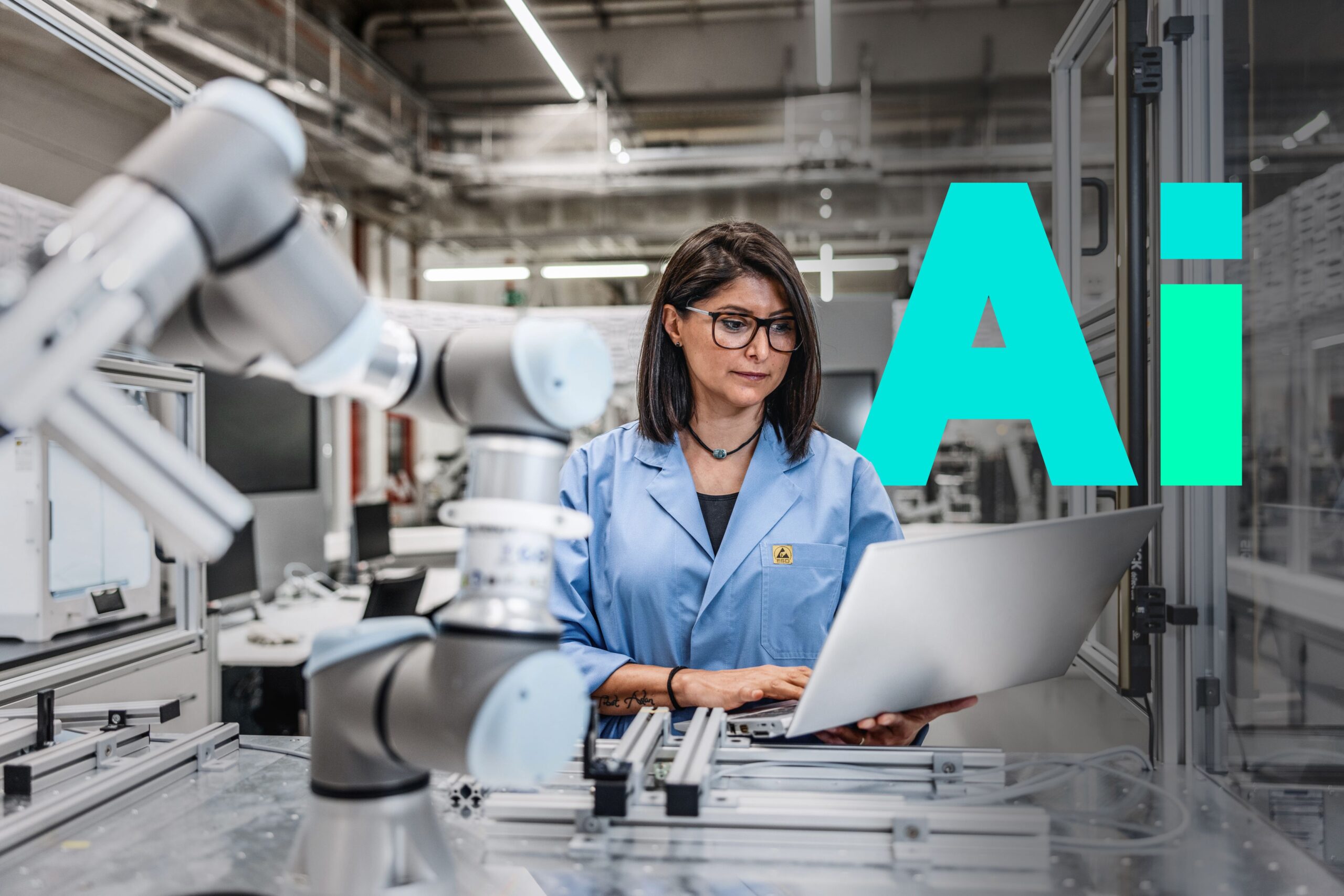Artificial Intelligence (AI) is transforming the Food & Beverage (F&B) industry, enhancing efficiency, reducing costs, and improving customer experiences. From optimizing supply chains to personalizing menus, AI is driving innovation in every aspect of food production, distribution, and service. In this guide, we explore how AI is reshaping the F&B industry and the best practices for its successful integration.
1. AI in Food Production and Quality Control
AI-powered systems are revolutionizing food manufacturing by ensuring quality, consistency, and safety. Machine learning algorithms analyze production data to detect defects, reduce waste, and maintain high hygiene standards. For example, AI-driven image recognition can inspect food items for contamination or spoilage, minimizing health risks and improving product quality.
2. Enhancing Supply Chain Efficiency
AI optimizes supply chain management by predicting demand, automating inventory tracking, and reducing food waste. Predictive analytics help restaurants and grocery stores anticipate customer demand, preventing overstocking or shortages. Additionally, AI-driven logistics systems streamline transportation routes, reducing costs and ensuring fresh food deliveries.
3. Personalized Customer Experiences
AI is transforming customer interactions through data-driven personalization. Restaurants and food delivery apps leverage AI to recommend menu items based on past orders and dietary preferences. Chatbots powered by AI enhance customer service by handling reservations, answering FAQs, and providing customized meal suggestions, leading to higher customer satisfaction.

4. Smart Kitchens and Automation
AI-powered robotic chefs and automated kitchen assistants are revolutionizing food preparation. These technologies ensure consistency, speed up cooking processes, and reduce labor costs. For instance, AI-driven fryers, coffee makers, and burger-flipping robots enhance efficiency in quick-service restaurants, allowing staff to focus on customer engagement.
5. Food Safety and Compliance
AI enhances food safety by monitoring storage conditions, detecting contamination, and ensuring regulatory compliance. Smart sensors powered by AI can track temperature and humidity in storage units, preventing spoilage and maintaining food freshness. Additionally, AI assists in tracking food recalls and safety regulations, reducing risks for consumers and businesses.
Conclusion
The integration of AI in the F&B industry is revolutionizing how food is produced, delivered, and consumed. Businesses that embrace AI-powered solutions can enhance efficiency, improve customer experiences, and stay ahead of industry trends. By leveraging AI in production, supply chains, personalization, automation, and safety, companies can create a more sustainable and profitable future.

Unlock your Enterprises full potential
Trusted by Industry Leaders
Healthcare, Pharmaceuticals, Telecom, IT, Retail, F&B and More

